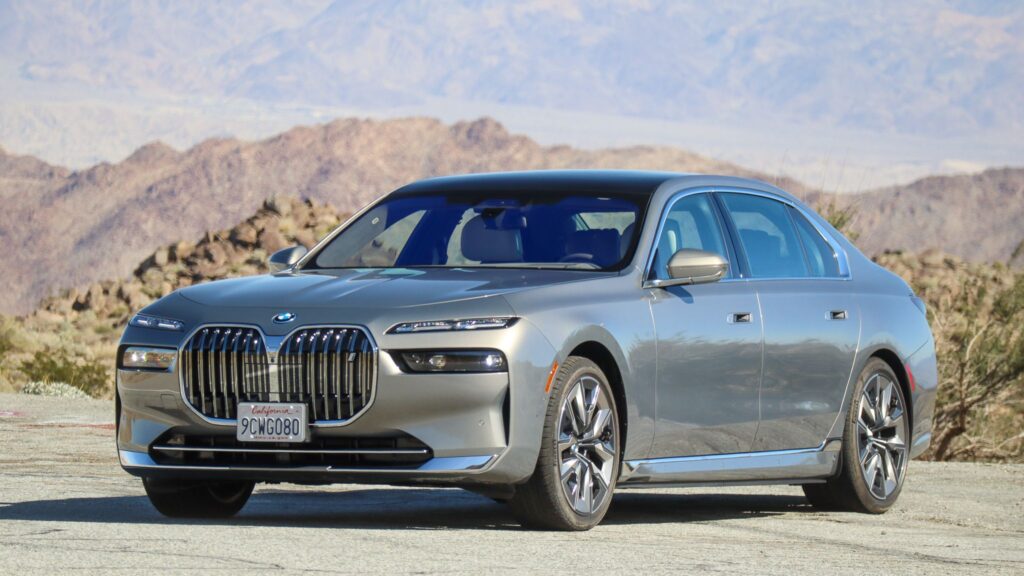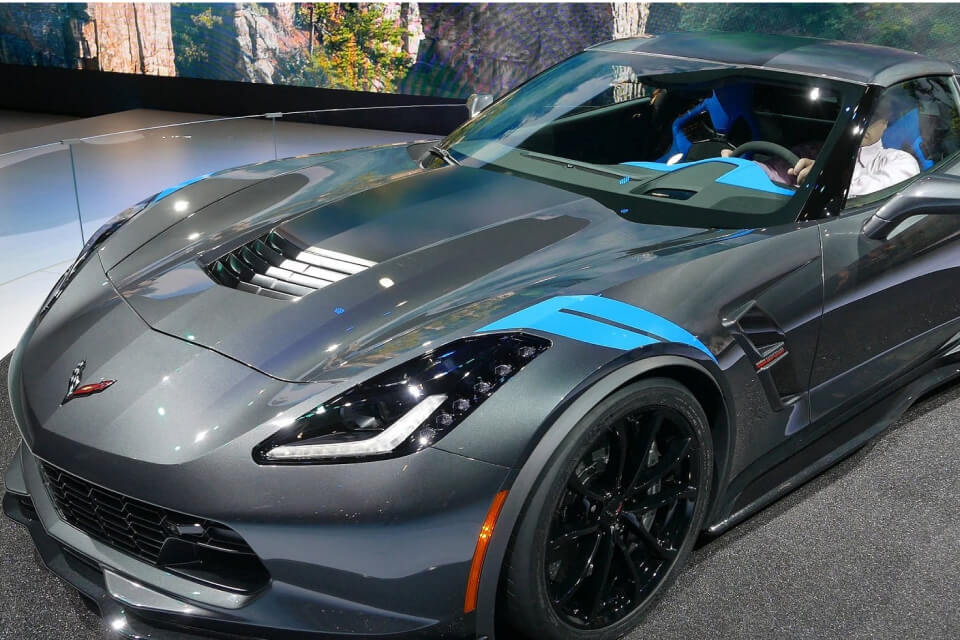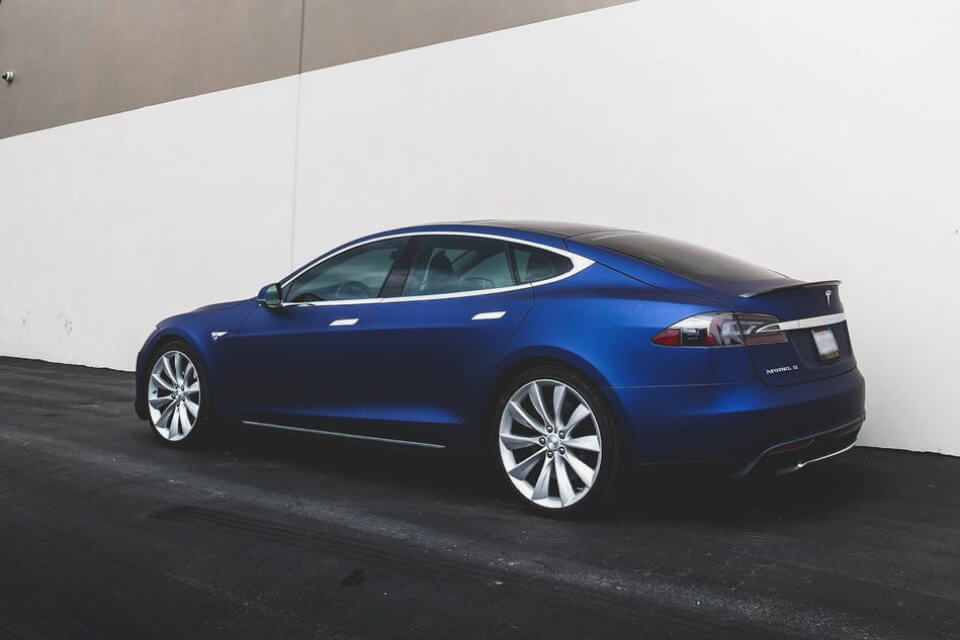The automotive industry is on the brink of a revolution, and BMW is leading the charge with the introduction of autonomous driving in its new i7 model. This innovative vehicle not only embodies luxury and performance but also integrates cutting-edge technology that promises to redefine the driving experience. With features designed to enhance safety and convenience, the i7 is set to become a benchmark for future vehicles in the electric luxury segment.
In this article, we will delve into the remarkable advancements that the BMW i7 brings to the table, particularly its autonomous driving capabilities. You will learn about the sophisticated sensors and AI algorithms that enable the vehicle to navigate complex environments with ease. Additionally, we will explore how these features contribute to a safer driving experience, allowing drivers to enjoy a new level of relaxation and comfort on the road.
Moreover, we will discuss the implications of this technology for the future of transportation, including its potential impact on urban mobility and sustainability. As we uncover the intricacies of the i7’s autonomous systems, you will gain insights into how BMW is not just keeping pace with industry trends but is also setting new standards for innovation. Stay with us as we embark on this exciting journey into the future of driving with the BMW i7!
The introduction of autonomous driving technology in the new BMW i7 model marks a significant milestone in the automotive industry. This article explores various aspects of this innovative feature, highlighting its implications for the future of driving.
Overview of BMW’s Autonomous Driving Technology
BMW has been at the forefront of automotive innovation, and the i7 model showcases their latest advancements in autonomous driving technology. This system utilizes a combination of sensors, cameras, and artificial intelligence to navigate complex driving environments. The i7 is equipped with Level 3 autonomy, allowing it to handle most driving tasks without human intervention, which is a significant leap from previous models.
With the integration of advanced driver-assistance systems (ADAS), the i7 can perform functions such as lane-keeping, adaptive cruise control, and automated parking. These features not only enhance safety but also provide a more comfortable driving experience. As the technology continues to evolve, BMW aims to push the boundaries of what is possible in autonomous driving.
Safety Features and Regulations
Safety is a paramount concern when it comes to autonomous vehicles. The BMW i7 is designed with multiple safety features that comply with international regulations. These include redundant systems for critical components, ensuring that the vehicle can safely navigate even in the event of a malfunction.
Moreover, BMW has implemented rigorous testing protocols to validate the performance of its autonomous systems. The company collaborates with regulatory bodies to ensure that its technology meets the necessary legal standards. As autonomous driving becomes more prevalent, ongoing discussions about regulations and safety standards will be crucial for public acceptance.
User Experience and Interface
The user experience in the BMW i7 is designed to be intuitive and user-friendly. The vehicle features a state-of-the-art infotainment system that allows drivers to easily access autonomous driving functions. The interface provides real-time feedback on the vehicle’s status, ensuring that users are always informed about their driving environment.
Additionally, the i7 offers customizable settings, allowing drivers to tailor the autonomous features to their preferences. This level of personalization enhances the overall driving experience, making it more enjoyable and less stressful. As technology advances, user interfaces will continue to evolve, further improving the interaction between humans and machines.
Environmental Impact of Autonomous Driving
One of the significant benefits of autonomous driving technology is its potential to reduce the environmental impact of vehicles. The BMW i7 is designed to optimize energy consumption, which can lead to lower emissions. By utilizing advanced algorithms, the vehicle can determine the most efficient routes and driving patterns.
Furthermore, autonomous vehicles can contribute to reduced traffic congestion, as they can communicate with each other to optimize traffic flow. This not only enhances efficiency but also minimizes the carbon footprint associated with driving. As cities become more congested, the environmental benefits of autonomous driving will become increasingly important.
Comparison with Competitors
The BMW i7 faces competition from other luxury automakers that are also venturing into autonomous driving. Brands like Tesla, Mercedes-Benz, and Audi have developed their own systems, each with unique features and capabilities. A comparative analysis reveals that while BMW’s i7 offers advanced technology, other manufacturers may excel in specific areas such as range or user interface.
For instance, Tesla’s Autopilot is known for its extensive data collection and rapid updates, while Mercedes-Benz focuses on luxury and comfort in its autonomous features. Understanding these differences can help consumers make informed decisions when considering an autonomous vehicle.
Future of Autonomous Driving in BMW
Looking ahead, BMW has ambitious plans for the future of autonomous driving. The company aims to achieve full Level 5 autonomy, where vehicles can operate without any human input in all conditions. This goal requires significant advancements in technology, including improved AI algorithms and enhanced sensor capabilities.
BMW is also investing in research and development to explore new applications for autonomous driving, such as ride-sharing and logistics. As the automotive landscape evolves, BMW’s commitment to innovation will play a crucial role in shaping the future of transportation.
Consumer Perception and Acceptance
Consumer perception of autonomous driving technology is mixed, with some embracing the innovation while others express concerns about safety and reliability. The BMW i7 aims to address these concerns through transparent communication and education about its features and capabilities.
Public acceptance will be critical for the widespread adoption
| Feature | Description |
|---|---|
| Model Overview | The BMW i7 is the latest luxury electric sedan from BMW, showcasing advanced technology and sustainability. |
| Autonomous Driving Technology | The i7 features Level 3 autonomous driving capabilities, allowing the vehicle to handle driving tasks under certain conditions without human intervention. |
| Sensor Suite | Equipped with a comprehensive array of sensors, including cameras, radar, and lidar, the i7 can perceive its environment accurately. |
| Safety Features | Advanced safety systems are integrated, including automatic emergency braking, lane-keeping assistance, and adaptive cruise control. |
| User Interface | The i7 offers an intuitive user interface with a large touchscreen and voice recognition, enhancing the driving experience. |
| Regulatory Approval | BMW is working closely with regulatory bodies to ensure compliance and safety standards for autonomous driving features. |
| Future Developments | BMW plans to expand its autonomous driving capabilities in future models, aiming for higher levels of automation and improved user experience. |



